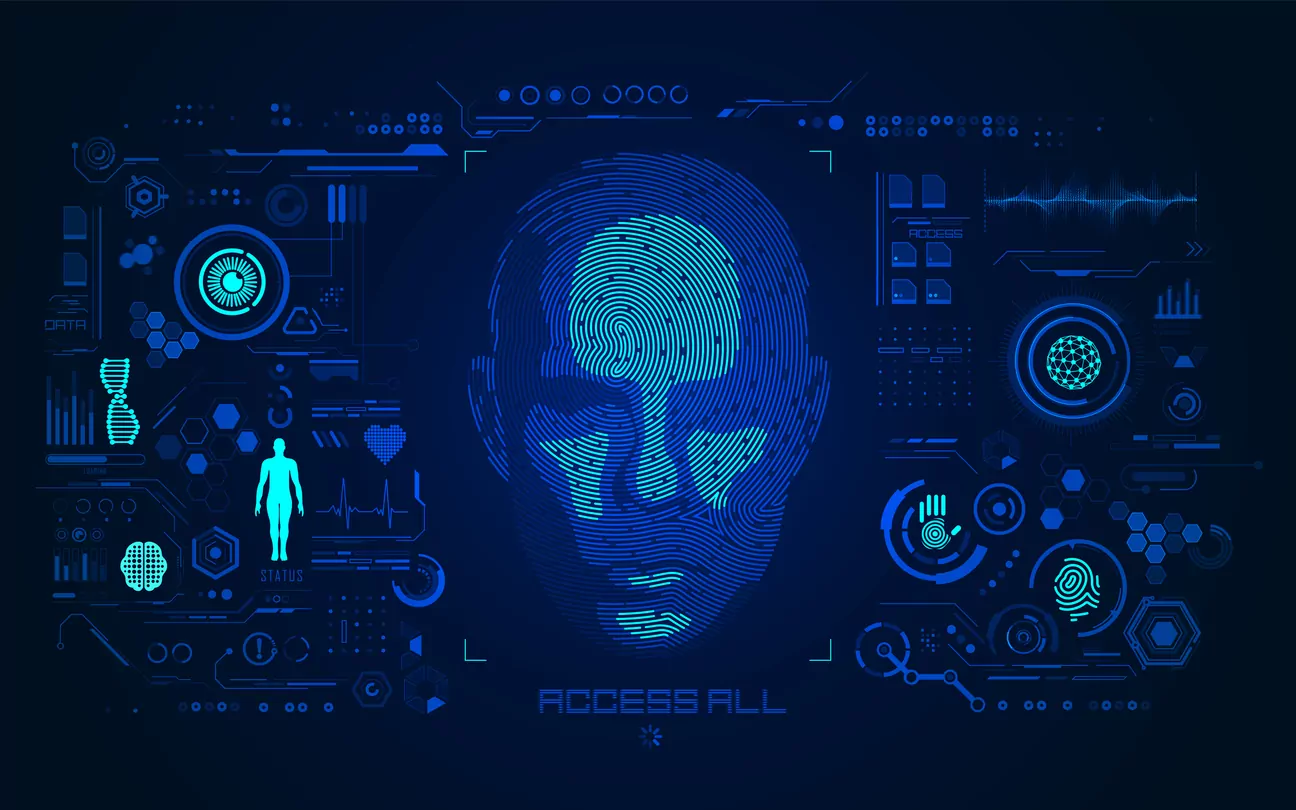Escaped youth tracked by Eagle helicopter, found hiding in New Brighton
The young person who escaped from a youth justice facility in Rolleston has been located...
Proudly powered by VAST – NZ’s leading digital advertising billboard company. FIND OUT MORE

The Government’s plans to allow driver’s licences, Warrants of Fitness and certificates of fitness to be carried digitally on smartphones, has been condemned by critics as a step towards state overreach.
From 2026, drivers will no longer need to keep a physical licence on them when driving, with digital versions legally accepted for the first time.
Prime Minister Christopher Luxon said the change was “a common sense thing,” while Transport Minister Chris Bishop described New Zealand as a global pioneer, saying this country would be among the first in the world to embrace fully digital licensing.
The reform is being promoted as a way to reduce reliance on plastic cards and paper certificates and to reflect the increasing use of digital wallets.
But the Aotearoa Workers Solidarity Movement (AWSM) said the proposal went far beyond convenience, arguing it would open the door to deeper state surveillance and exclusion.
“Carrying a plastic card may be mildly inconvenient, but it grants a measure of independence,” the group said. “A digital licence resides in an app linked to databases beyond your control. Every time it is accessed or presented, a record can be generated, stored, and potentially cross-referenced with other information about you.”
AWSM likened the shift to a modern form of the “panopticon,” warning that citizens could begin to regulate their own behaviour simply from the awareness they might be watched.
The group also raised concerns about social exclusion, pointing out that digital licences assume every citizen owns and can operate a compatible smartphone. “Low-income families, elderly people, and those without the latest devices risk being marginalised,” AWSM said.
International examples were cited as cautionary tales, including India’s Aadhaar biometric ID system and China’s use of digital IDs linked to its social credit system.
AWSM also said the move would benefit private contractors and technology companies tasked with building and maintaining the systems, while exposing citizens to risks from outages and cyber-attacks.
Minister Bishop has defended the reforms, saying digital systems improve security and reflect the way New Zealanders already use technology in everyday life. The Government has indicated physical licences will remain available, though AWSM warned these could eventually be sidelined.
The group said the rollout of digital licences should not be viewed as a neutral technological advance. “They deepen surveillance, reinforce inequality, and render citizens dependent on fragile technologies,” AWSM said.
The legislation is expected to be introduced later this year.

